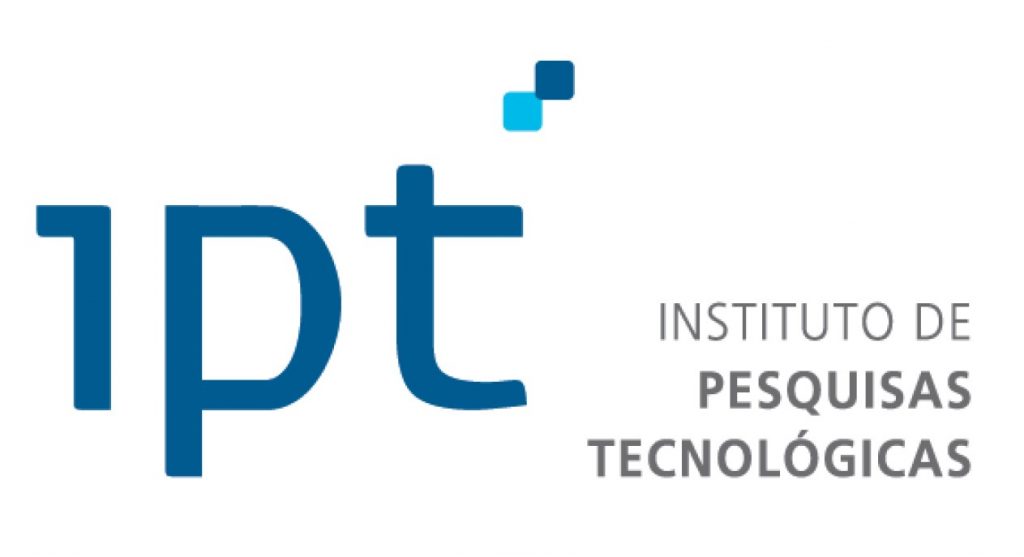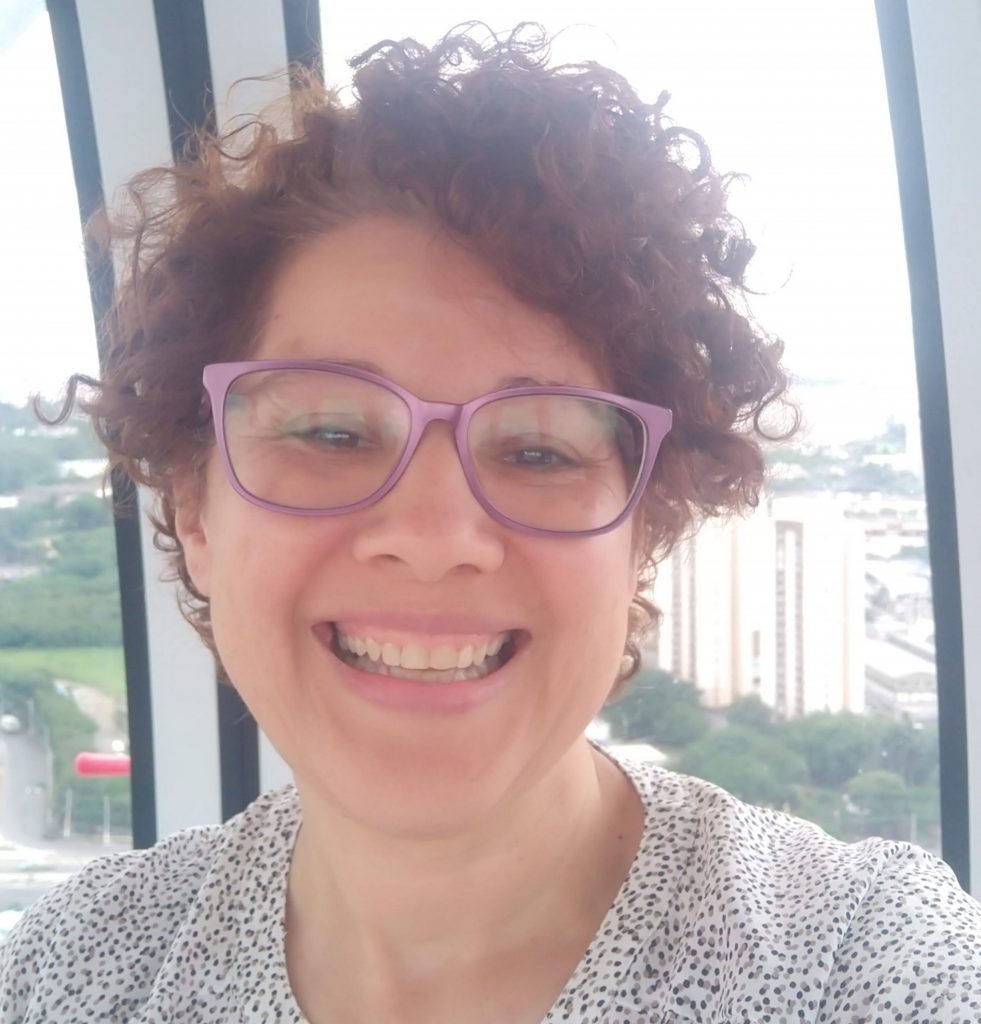
RISK MANAGEMENT: FROM MAPPING TO LAND REGULARIZATION OF MUNICIPALITIES
Download the General Poster (pdf)
Presentation of the IPT (pdf)
Objectives)
Train municipal technicians in the items required for land tenure regularization in areas at risk.
Description
The Technological Research Institute (IPT) of the State of São Paulo is one of the largest research institutes in Brazil, which has qualified laboratories and a team of highly qualified researchers and technicians, basically working in four major areas – innovation, research & development; technological services; metrology development & support, and technology information & education. They are the organizers of this workshop, which aims to present the legislation relevant to the current issue in Brazil, presenting the methodology adopted for mapping areas at risk of landslides and riverbank undermining, as well as the environmental studies required by law in the land regularization project.
Information
Contents
- Introduction to Risk Management
- Methodology for mapping risk areas
- Legislation applied to land regularization
- Environmental study: content
- case examples
Prerequisites
Not applicable
Aspects to highlight
The environmental studies required for land tenure regularization address the mapping of the risk situation, the indication of the necessary interventions to reduce the degree of risk, as well as the permanent environmental preservation areas that affect the location.
Target public
Municipal technicians, students and researchers in the areas of urban planning and civil protection.
Language
The workshop will be held in Poruguese and there will be no translation.
Practical Case
It will involve mapping an area through the presentation of aerial photographs (drone/van photos) and field photographs of a given area, indication of measures to reduce the degrees of risk and highlight the areas that can be regularized.
Speakers

Alessandra Cristina Corsi
Brief Biographical Note:
GGraduated in Geology from the Universidade Estadual Paulista Júlio de Mesquita Filho (1995), Master’s degree in Geosciences and Environment from the Universidade Estadual Paulista Júlio de Mesquita Filho (1999) and PhD in Geosciences and Environment from the Universidade Estadual Paulista Júlio de Mesquita Filho (2003) . She works as a Researcher in the Investigations, Risks and Environmental Management Section, of the Cities, Infrastructure and Environment business unit, of the Technological Research Institute of the State of São Paulo, being a professor of the Professional Master’s Degree at IPT, in the Underground Research Specialization Course : geotechnics and the environment. In 2004, she participated in the V International Course-Management of Information Systems for Disaster Mitigation, offered by the Japan International Cooperation Agency (JICA). In 2010, she participated in the Training Program Abroad (PDCE) through a project with the American Geological Survey (USGS). He has experience in Geosciences, with emphasis on Geographic Information Systems and Geotechnical Cartography, working mainly on the following subjects: geological hazards, mapping and management of risk areas, surface dynamic processes (erosion, landslides and flooding), geotechnical cartography, geoprocessing, geostatistics and Smart Cities.

Eduardo Soares de Macedo
Brief Biographical Note:
Geologist from the Institute of Geosciences (1981), degree in History (1987) both from the University of São Paulo (USP), PhD in Geosciences and Environment from the São Paulo State University Júlio de Mesquita Filho (UNESP) (2001) and specialization in Science and Natural Disasters by NIED-Japan (1995). Researcher since 1981 at the Technological Research Institute of the State of São Paulo (IPT), Brazil. Former director of the IPT’s Center for Environmental and Energy Technologies. Former Brazilian delegate at Rede Iberoamericana de Habitat en Riesgo (CYTED). Professor and supervisor of the Master in Housing Technology at IPT. It works mainly on the following topics: risk management, geological risks, hydrological risks, mass movements, erosion, flooding, civil defense, preventive civil defense plan, risk mapping, reurbanization of areas, training courses and training for technicians and the population.